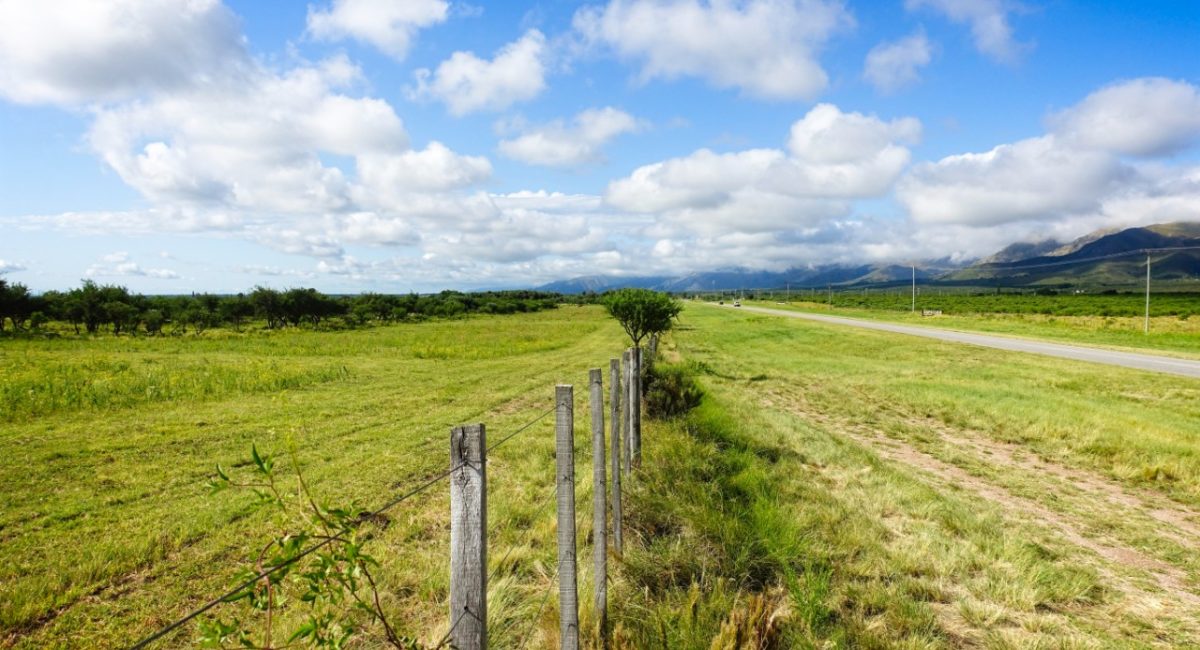California’s first high profile cannabis enforcement case has reached a settlement. In December 2019, CDFA alleged in a civil complaint that Lowell Herb Co. and a number of other defendants were using a warehouse in Nipimo, CA for unlicensed commercial cannabis activity. This week, the settlement for the alleged violations came to light.
News reports indicate that Lowell and the other defendants entered into a settlement for a total approaching $550,000 when accounting for the legal and processing fees. Here’s the breakdown:
- $500,000 settlement
- $33,560 to CDFA in reimbursement for attorney fees and the cost of the investigation
- $12,852 to the state’s Dept. of Fish and Wildlife for the cost of destroying the plant products seized in the raid
That, for those keeping score at home, is a lot of money. Folks, we can’t be clearer: COMPLIANCE COSTS LESS THAN FEES, OR LOSS OF LICENSE.
Regulatory agencies are catching up with licensed (and unlicensed) operators
With this being the first significant enforcement act from CDFA, what’s notable is the size of the settlement (LARGE) and the probationary nature of the terms of the settlement agreement. At the same time, the settlement does not call for revocation of any licenses. Save for the payment, and per the settlement agreement, the defendants are not admitting any wrongdoing and are not losing any business permits. By framing the bulk of the payment as a “settlement payment” as opposed to a “civil penalty”, it seems to us the settlement has been framed to avoid the reporting of a sanction all together for future licensing purposes.
Additionally, the settlement illustrates the importance of having an in-house compliance officer. Going forward, the settlement requires defendants for the next five years to have an appointed commercial cannabis compliance coordinator ensuring compliance with all applicable laws, regulations, and ordinances. Notably, the compliance coordinator will be responsible for, among other things, assessing compliance with applicable laws and regulations relating to commercial cannabis activity in California; and advising personnel on compliance with applicable laws [Ed. note: Something every cannabis company should be doing anyways. Need compliance help? Call us.]
The bottom line is this, CDFA is treating this matter as a first-time offender scenario while affording itself ample room to ramp things up if necessary. For legal operators in California, this case illustrates the importance of having a compliance officer to advise personnel on compliant operations and to review operations to detect non-compliance before it becomes an issue for regulators. Enforcement agencies and regulatory bodies aren’t concerned with how small or how large or how popular your brand or company is. Instead, these groups are focused on the application and interpretation of law and protecting the safety of consumers. It’s not just CDFA, either. As we’ve discussed recently: the BCC has hired more cannabis cops, issued a memo on branded merchandise, and track-and-trace is not going anywhere either.
Since January 1, 2018 all of us in the legal market have understood that like a Legal Cannabis Game of Thrones: “Enforcement is Coming.” With this move by the CDFA enforcement, it seems, has begun its arrival. If you have questions about regulations around cannabis or your company’s compliance efforts, call MMLG.

